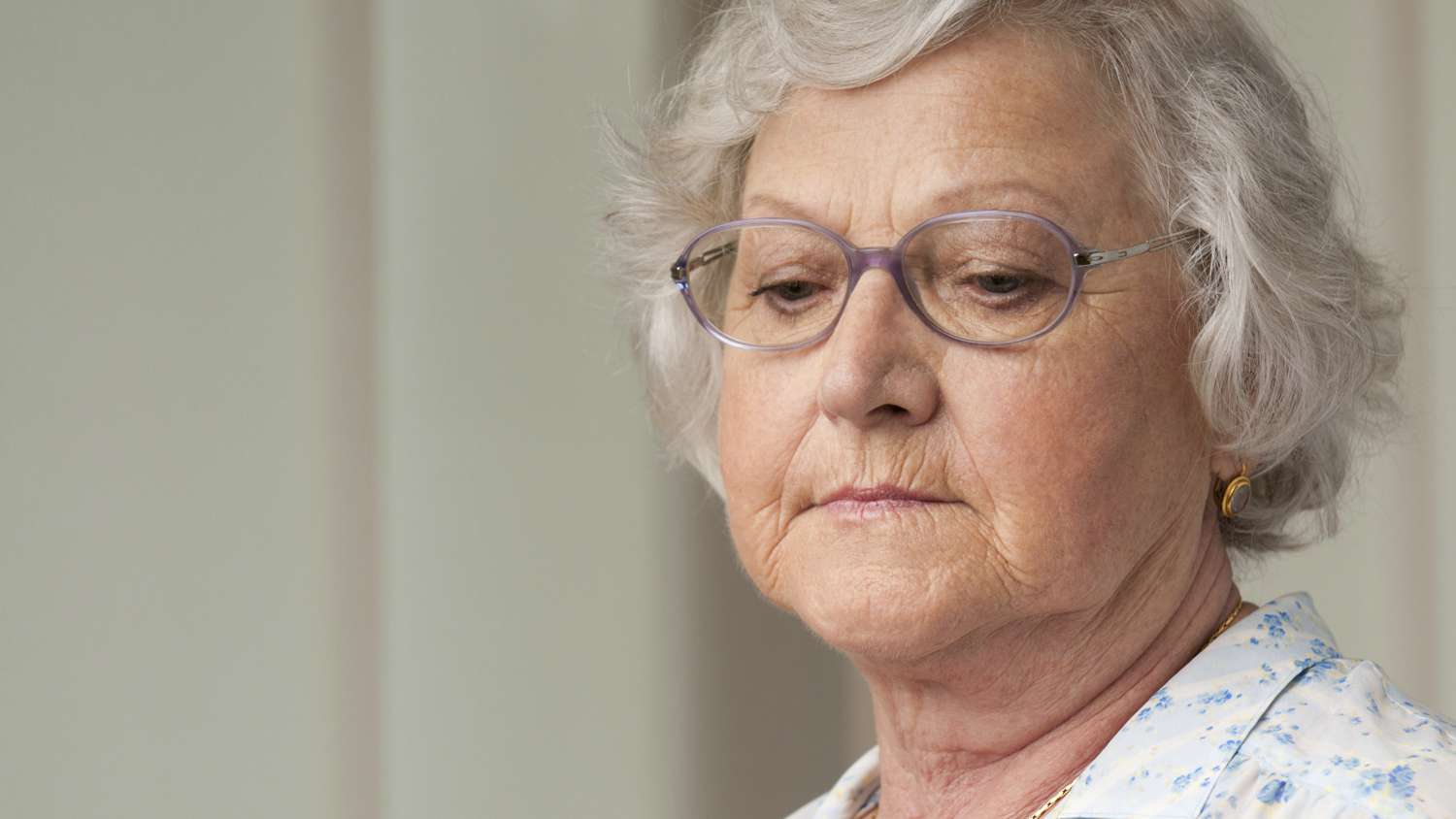What Is Stress and How to Break Its Hold
There are various definitions of stress, but here’s mine: It’s the tense, unpleasant internal sensation that accompanies any negative emotion you care to mention, be it hostility, anger, frustration, or worry, and it lingers for as long as the situation provoking that unpleasant emotion remains unresolved in our minds.
In his book Mental Hygiene (first published in 1843), the American physician William Sweetser (1797-1875) introduced the term mental hygiene, and he proposed that stress and mental ill health can be the cause of much physical illness.
His claim anticipated the modern approach to mental ill health. We now know that, for many millions of people across the world, the physical pains and other symptoms they experience could be prevented or alleviated if they were given help to better cope with stress, meaning, life.
Signs of Stress
Stress manifests itself in a huge range of physical symptoms. These include:
- Insomnia
- Irritable bowels
- Tension headaches
- Back pain
- Muscle tension, especially in the neck and jaw (clenching)
- Night sweats
- Chest pain and/or difficulty breathing, especially in the midst of a stress-inducing situation
- Fatigue
- A compromised immune system, plus the conditions arising from this (e.g., ear and skin infections, colds)
- Coldness in our hands and feet.
Many of these symptoms arise because, when we suffer from chronic stress, our body is in effect malfunctioning as a result of the sustained presence within it of the “fight or flight” hormones.
These are released when our brain determines that we’re in a dangerous situation. They are designed to help us escape from life-threatening physical danger, and they’re only supposed to be released for short periods. Unfortunately, our modern lifestyles and ways of thinking regularly trigger the release of them in many people. Our body is not designed to cope with this.
Major Stressors
The Holmes-Rahe Stress Scale, also known as the Social Readjustment Rating Scale, is a list of stressful life events. First developed in 1967, this list attributes points to different life stressors. The more points you accumulate over a year, the more likely you are to experience health issues. It’s a useful reference to consult if you’re looking to understand what aspects of your life may be your most significant sources of stress.
The most serious stressors it lists are the death of a spouse or a close family member, divorce, and marriage. These are followed by dismissal from a job, marital separation, and marital reconciliation. Next come pregnancy, a jail term, and moving house. Personal injury or illness and your partner or a family member having major health issues are all also highly stressful, and so are an unhappy marriage, an unhappy romantic relationship, or an unhappy job environment. Retirement is quite high on the list as well.
Once we’ve identified the causes of stress in our life using resources such as the Holmes-Rahe Stress Scale, the time comes to ask: How do I start reducing my stress levels? I would say what’s required is a two-pronged strategy: there are ways we can reframe our life circumstances, and then there are specific actions we can take.
A Stress-Busting Outlook
According to Dr Georgia Witkin of the Mt. Sinai School of Medicine in New York, one of the top stress-busters is anticipating stress and planning for it. I think this is great advice. I suggest combining it with the following:
- Accept what has happened and close the door after any loss.
- Learn to go with the flow rather than having to control everything and everyone.
- Accept that any life change, whether good or bad, brings a certain amount of tension.
- Realize that you can’t totally prevent change.
- Focus on the present and realize that the past is done.
- Examine your life and reaffirm your life values.
Things We Can Do to Relieve Stress
Each person’s situation is unique, but I think there’s something for everyone in the following list:
- Get out of any significant life situation that is bringing you down – for instance, if you hate your job, quit it.
- Either work to restore an unhappy relationship or leave it.
- Save some money to take care of any crisis, because even though money cannot buy happiness, it is comforting to know it’s there.
- Maintain your relationships with others and have a few confidants.
- Take a holiday that isn’t constantly fast paced.
- Escape into a book, paint, write, sew, or work at a hobby or something creative.
- Listen to dance music, and perhaps dance. Sing! Laugh!
- Follow an exercise programme to make yourself less susceptible, on a chemical level, to stress.
- Clean your living space, reducing clutter.
- Try new activities or follow up on previous interests from the past.
- Do things you know you enjoy, and do them with people you like.
A Good Book
Kimberley L. Brownridge’s 50 Things to Know about Coping with Stress: By a Mental Health Specialist (2020) is a useful book should you want to go more deeply into the subject of stress and how to cope with it.
Let’s Have a Conversation:
What manner of stress are you experiencing in your life? What have you tried to do to relieve it? Is there anything you’ve said you would do but haven’t yet done?
Tags Reducing Stress







I disagree with a previous article that said x number of easy ways to reduce stress. I don’t think it’s easy. I think it takes some commitment and effort. I think it helps to understand the types of stress: Albrecht’s Four Types of Stress: 1. Time Stress 2. Anicipatory Stress 3. Situational Stress 4. Encounter Stress. If you look it up online, you can find strategies for minimizing and coping each. I did this and took lots of notes. Now I periodically review my notes and put the advice into action. It has helped a lot.
Oh boy have I had and continue to have stress. Six years ago my husband and I adopted my grandson. He was 9 then. Five years ago we moved from living in WA and Baja where we were retired and lived a great life doing much windsurfing and other fun sports. Unfortunately our son didn’t speak Spanish and there was no English spoken in this small school in a fishing village in Baja. Plan B was sell both houses and move to CA where we could enjoy year-round nice weather. My 48-year-old son and his family life 3 1/2 hours away now we can sometimes see them. Big stresses leaving our homes and friends and raising a child at that time of our lives!!
Shortly before the move my husband started taking hormones — without much of an explanation of why. Turned out he was on his way to transgendering. What a shock that was. We got divorced but do remain friends. This really turned my world upside down. We had been a happy couple who did so many activities together – He was my closest and best friend. Of course we had to split our assets so now my income is at poverty level. I could move to a smaller house but can’t deal with the idea of moving again. Once I run out of money that has been invested, I’ll probably ask my son to help me out financially. He has an amazing income and I think would be fine helping me. I’ll have to get this all set up so he and my grandson can both inherit interests in my house. Or I’ll get a reverse mortgage. Right now I’m very careful with money. I do art to sell but am terrible at marketing. One more worry in my life.
I remain in our home here in CA and am raising my grandson by myself. My X and grandson don’t get along at all any more. My grandson is now 15 and not easy. He’s basically a good kid but doesn’t help me around the house unless I ask many, many times, take away privileges and get upset. He is a slob and doesn’t care. I’m 76 and do sometimes get tired and frustrated with his lack of help. I do all the housework and most of the yard work. Grandson mows lawn. He gets paid for this. When I try to get him to do more it’s so agravating. Grrrrrrr.
I;m dating and that’s quite the roller coaster ride. It’s been heartbreaking and enjoyable — depends on the guy at the time. I imagine most men don’t want to be involved with raising a teenager. I’m starting to believe Mr. Right will never come along so I settle for “Mr. Right Now” until that relationship ends. I even applied for The Golden Bachelor. Seems none of the women are over 75 and, of course, aren’t raising a child. I still believe I’m a great catch for a lucky man!
My grown son and his wife are having marriage problems. Of course that spills over into my life too. Now I’m trying to distance myself from their problems. Alcohol is a huge factor with them. My son, his wife, their two boys and my first and second X’s are all coming for Thanksgiving. I’m apprehensive because the last times I was with them there was too much drinking and too much fighting. I hardly drink (one drink at social occasions) and need to set boundaries about the alcohol issue. Doubt I can do this but will try.
So after years of all this drama I became more and more depressed. I ended up in a hospital for people with mental problems like mine or ones who have drinking or drug problems as well as stress issues. My meds were changed and I went to group support therapy three times a week. I also see a psychologist and psychiatrist (for meds) periodically. The biggest lesson I’ve learned is that I can’t fix other people’s problems. I need to look out for myself and set boundaries. It’s important for me to do things with girlfriends, i.e. tennis, hikes, electric hydrofoiling, etc. I do try to go with the flow as much as possible.
Hopefully someone can benefitby reading my story. Don’t let things get you so depressed that you can’t function any more. I saw no way out and thought the only answer was to end my life. Of course this would have been devistating to my grandson, son (and his family), and even to my X. There is help out there. Changing medications was also a huge help in my road to recovery. Don’t hesitate to reach out for help before you slide down that awful road to complete depression.
In Alainnah’s article I cannot read any reference to stress relating to having disability within the family, and the stress of working alongside others in this matter and so much more.
Thanks for writing about your problems with stress, Holly! It is such good advice you give about not letting depression become too deep. It’s so wise to consult a counselor and use medications to overcome the crisis time.